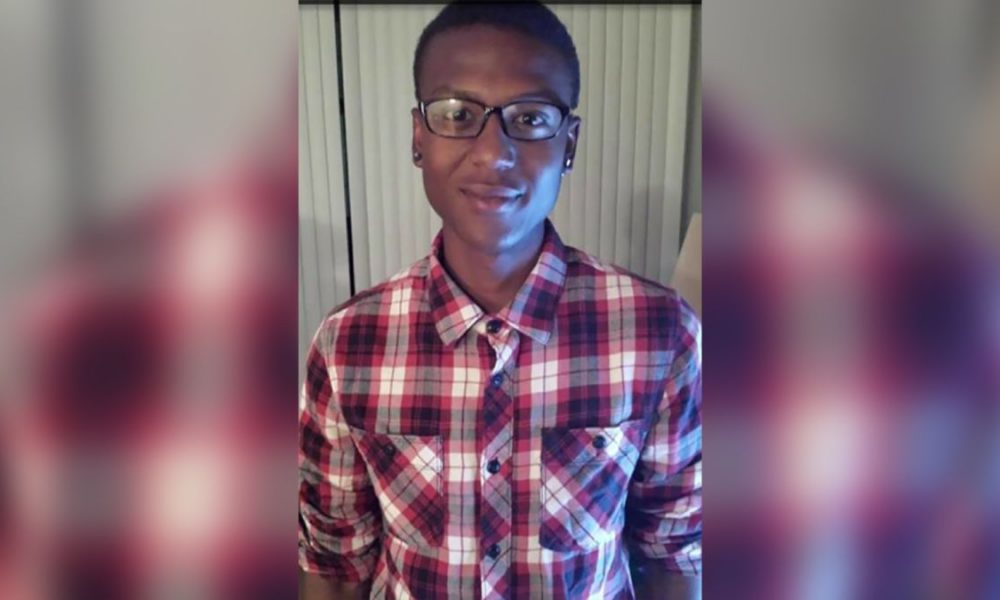Police and paramedics in suburban Denver will face charges in the case of Elijah McClain, the young Black man who died in 2019 after he was detained and placed in a chokehold by officers, following eight months of a grand jury investigation convened by Colorado’s top prosecutor.
What We Know:
- State Attorney General Phil Weiser said Wednesday that two current officers, one former with the Aurora Police Department and two paramedics will be charged with one count each of manslaughter and criminally negligent homicide, as well as other charges. The indictment is a total of 32 counts. This announcement comes two years after the death of McClain, who was 23 when he was killed.
“I said our investigation would be guided by a commitment to the facts, by thorough and diligent work, and we would be worthy of public trust and confidence in the criminal justice system. These remain the guiding principles of this matter.” -Phil Weiser, State Attorney General
WHAT HAPPENED
McClain’s encounter with police began just after 10:30 p.m. on Aug. 24, 2019, after he bought iced tea from a corner store. At the time, McClain, a massage therapist, was wearing a ski mask — which he typically did because of a blood condition that made him feel cold, according to his family. Three Aurora police officers were called to the area on a report of a suspicious person wearing a mask and waving his arms.
Bodycam video later released showed officers ordering McClain to stop. He responded that he was an introvert and to “please respect the boundaries that I am speaking.”
After questioning him, the officers grabbed McClain. One of them said he believed McClain had reached for a holstered gun, and McClain was brought to the ground. Aurora police said in a statement that he “resisted contact, a struggle ensued, and he was taken into custody.”
Authorities said officers applied a carotid control hold on McClain, a type of chokehold meant to restrict blood to the brain to render a person unconscious. Paramedics were called to the scene, and McClain was injected with ketamine to sedate him after police video showed him writhing on the ground saying, “I can’t breathe, please,” and vomiting. He apologized for vomiting.
About seven minutes after he received the drug, McClain was found to have no pulse in the ambulance and went into cardiac arrest, according to a report released in fall of 2019 by local prosecutor Dave Young. Medics were able to revive McClain, but he was later declared brain dead and taken off life support less than a week later.
- The Adams County Coroner’s Office determined that McClain’s death was due to “undetermined causes,” and that the “evidence does not support the prosecution of a homicide,” according to Young’s report. Young declined to press charges against the officers. McClain’s death prompted months of protests by local activists that dovetailed into national demonstrations demanding systemic changes in policing fueled by last year’s lynching of George Floyd.
- Aurora police banned carotid control holds last summer, and separately, federal authorities said they were reviewing whether a civil rights investigation is warranted. A lawsuit filed by McClain’s family in August 2020 alleges that excessive force used by the officers over a span of 18 minutes caused an increase of lactic acid in his blood, and mixed with the ketamine injected into him, negatively affected his respiratory system. An independent probe commissioned by the city of Aurora and released in February concluded police had no justification to stop or use force to detain McClain, and responding paramedics sedated him with ketamine “without conducting anything more than a brief visual observation.”
This is a Breaking News story and may be updated.



